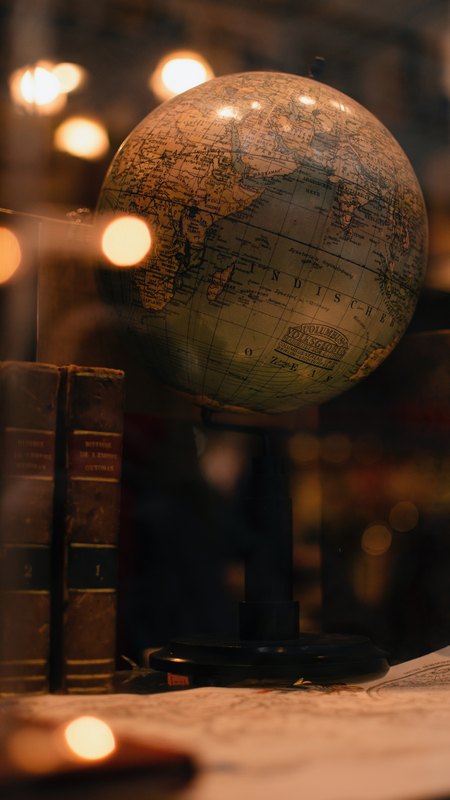When starting to study the main aspects of the political culture of a journalist, the student must clearly imagine that the understanding of this phenomenon occurs only in the organic unity of assimilation of new theoretical material with the familiar to him from courses in philosophy, sociology, political science. The focus here is on the worldview of the journalist in general, his ideological and political aspects in particular, as well as the political knowledge and political behavior of a creative media worker.

Studying the nature of the political culture of a journalist will allow the reader to realize even more clearly the organic relationship between the socio-political conditions in which the media operate and the personal foundations of the journalist’s public service, as well as at an even deeper level to develop the ability to penetrate into the political essence of events and phenomena with which the journalist is driven by his professional activities.
Journalism and the media are inseparable from the political life of society. So it was in the past, is in the present, will remain in the foreseeable future. Their role in political life is especially significant at critical periods of social development, when, under the influence of growing social, economic and political transformations or intensifying resistance to them, i.e., with a radical change in the paradigm of the historical process, the flow of political information becomes denser and accelerates. The intensifying struggle between social groups, political parties and movements, and individual politicians for dominance in the mass media, including for actual control over them, is clearly making itself felt. In crisis periods of historical development, as sociologists believe, people in a state of social anxiety are especially susceptible to suggestion, easily respond to various new stimuli and ideas, and are also more susceptible to propaganda.
At the same time, society acts not only as an object of influence from journalism and the media. It, represented by individual social groups, political parties, the most active citizens, persistently
in their striving to be the subject of information relations. At the same time, the press, television, radio, due to the creative nature of the work of journalists, encouraging the individualization of handwriting, manners, as well as, in certain cases, political orientations, are also subjects of information relations. They develop and replicate socially significant spiritual values, bring into information relations a personal (group) assessment of the information being replicated, which may or may not coincide with the assessment given to this information by both individual social groups and society as a whole.
The mass media as a channel of political communication are characterized by their universality, the ability to take on themselves in some cases the functional load of other social institutions, expanding their area of influence. Thus, the media act as the most important information channel in the process of political relations between power and society, classes, social groups, national entities, political parties and individuals.

